Feeling stressed lately?
Want to curl up into a ball and binge-watch some comfort shows?
We’ve got a list of the best TV shows to watch when you’re totally stressed out.


Most of these shows are selected by consensus, which many people claim they watch when under the weather.
However, I’ve also included a few extra recommendations from when I was down and out from COVID and television was my best friend.
Let’s start with #11 and work our way up.
11. The Office


The Office helped me through some of my most helpless days when I could barely move a muscle — and that must have been what it felt like to have Michael Scott as a regional manager and Dwight Schrute as an assistant to the regional manager.
Helpless. Stuck. Or, in some cases, held hostage and forced to witness the awkward comedy that helped introduce us to “Cringe.”
There was never a moment in The Office when you weren’t laughing. While the show had romantic highlights and a few dark excursions that seemed out of character, nothing ever felt like heavy conflict.
This was a show about pranking, trying not to laugh at the worst possible moment, and very often about sweet moments between professional colleagues.
The Office is one of those rare shows you can rewatch, even knowing what happens, and relive big laughs as fresh as they were the first time you saw them.
10. Pride and Prejudice


While you could argue that 2005’s Pride and Prejudice remake was more dramatic and satisfying, it’s hard to deny that the original 1995 BBC mini-series was much more “chill.”
Sure, conflicts happen… eventually. And even when big reveals happen, everyone is so prim and proper about it!
For most of the six-hour series, you enjoy very light discussion, character-building scenes, and some comedy bits dripping with Jane Austen’s snarky wit.
This was easily the most faithful adaptation of Jane Austen’s work. If the low-conflict pacing doesn’t calm you down, just listen to the enchanting piano music at the beginning of every episode.
9. Family Guy


It’s easy to hate Family Guy for being offensive or criticizing the latest seasons for “toning it down” too much.
However, I think of Seth MacFarlane’s Family Guy as Comedy Prozac. Seth is an expert in writing absurdist comedy, even when he’s going for comedy-drama.
The show’s writing is so over-the-top, surreal, and non-linear that it’s like watching a lava lamp or experiencing short-term memory loss. Nothing matters in Family Guy, not even the rules that protect this world from self-implosion.
With absurd sight gags, extremely dark and sadistic humor, and ridiculously irrelevant pop culture references, your mind slowly goes numb after watching a Family Guy marathon.
Frankly, it doesn’t matter if you’re binge-watching episodes in order or just watching compilations on YouTube. Family Guy makes no logical sense whatsoever but leaves you with a feeling of mental numbness that provides a pleasant escape.
Family Guy also goes down better with some form of intoxication. By the 20th stupid Family Guy joke (usually repeated way too long), you may even question whether you exist or if only Peter Griffith, Quagmire, Joe, and Cleveland exist.
And if that’s the case, life is way too silly to take seriously.
8. Anne of Green Gables


Anne of Green Gables, the original 1985 mini-series, is one of the most peaceful, childish, and feel-good classics of the 20th century.
As you watch the film, you live through a child’s eyes once again. You meet familiar archetypal characters and discover something to love about each of them.
Through the life of the imaginative and short-tempered Anne Shirley, we’re reminded of a simpler existence and of an old-world method of storytelling that’s slow, gentle, and amazingly distracting.
It’s the kind of no-conflict writing we’ve all but forgotten in the modern age of heightened frenzy and constant “events” happening.
As the mini-series progresses, Anne grows up and encounters more hardships, which almost ruins the escapism of the first film. Netflix even tried to reboot Anne With an E in 2017, but the formula never quite worked, and it only lasted three seasons.
But to watch Anne of Green Gables today is like taking a walk through your grandmother’s garden, admiring the serenity of what peaceful hands have built.
7. The Muppet Show


It’s hard to believe that in the 1970s, Jim Henson’s The Muppet Show was the most subversive and wise-cracking show on television, and yet it never sank into blue humor…
Well, aside from some terrible puns with Sam Eagle, who was startlingly blue in color.
The Muppet Show was not only a musical variety show but also a comedy series that broke the fourth wall and explored surrealist and absurdist comedy along with more mainstream parodies.
Jim Henson didn’t just entertain children — he entertained the child in all of us, deconstructing our complicated neuroses into caricatured puppets.
While Disney has tried to bring back the Muppets to the modern era, it just doesn’t work anymore.
True, audiences have become desensitized to parody from louder and more vitriolic cartoons. More to the point, they simply don’t remember the burlesque and slapstick humor of The Muppets and, really, the Silent Generation as a whole.
While The Muppets may have thrived in the Boomer Era, Henson himself was a pre-hippie and a stoic man who found the perfect channel to unleash his inner “Animal.”
6. Friends


I know, I know. It’s very modern to criticize Friends as one of the worst blunders of the 1990s.
After all, every episode feels so “dated” now, and the studio audience laughs at the most inappropriate things while cramming in some mawkish sentimentality to remind you how “real” these characters are.
Why, it’s almost as if this show was written for a different time and a different audience!
But one thing I begrudgingly admit about Friends all these years later is that it earned its laughs. The creators Marta Kauffman and David Crane succeeded in creating a low-conflict sitcom about situations that should be highly stressful and were downright absurd.
Friends benefited from its political and social obliviousness, timeless slapstick, and nerdy masculinity. It was definitely NOT the 1990s and lacked the cynicism that defined every other show from that era.
Besides, what better way to remember the late Matthew Perry than by enjoying his best work with his real-life best friends?
5. Seinfeld


Speaking of 1990s cynicism, on the opposite end of the spectrum, there is Seinfeld, one of the coldest shows of the century in terms of cruel humor, despicable characters, and the inhumanity of all these “splices of life situations.”
Surprisingly, though, it ages like fine wine, not that “cheap chardonnay,” and succeeds in finding humor in the darkest settings.
What’s amazing about Seinfeld is how dark some plotlines go, but they never once feel cringe-worthy or tragic, even with today’s lens.
This is a standup comedy world, a living cartoon, where characters like Morty Seinfeld or Frank Costanza exist just to bicker and make us laugh. The hyperreality of this Larry David-created “world” denies us any sense of attachment or empathy.
None of its characters are real, and the situations hardly matter except for a slew of punchlines to come.
When you’re under stress, watching Seinfeld’s 1990s period piece plot will remind you that there’s no place like home — the present. It’s better to exist in the real world than to go mad in a sitcom world where pez-dispensers and gum are all that really matter.
4. The Good Place


The Good Place is a fascinating experiment. The show attempts to make laughs out of the most dreadfully stressful situation of all: life after death.
But why worry about Heaven, Hell, or Life on Earth when you’re trading barbs with Ted Danson or Maya Rudolph?
The Good Place is another show that’s too socially oblivious to care where it steps, and in doing so, it makes some interesting footprints in experimental comedy.
Part of the fun and calming nature of The Good Place is to watch characters get philosophical while also filling in dry moments with belly laughs.
Creator Michael Schur’s penultimate episode is a bit depressing for an otherwise light and fluffy philosophy-comedy riff.
But in the end, the characters’ stubbornly human sense of humor prevails, making The Good Place such a joyous contemplation of humanity.
3. The Golden Girls


With the Golden Girls, creator Susan Harris did something far more shocking and dangerous than what she attempted with the 1970s trailblazer SOAP.
She dared to make a sitcom about single women over the age of 50!
The Golden Girls had low-conflict plots and plenty of farcical 1980s humor, yet it still managed to discuss hot topics of the day that other sitcoms wouldn’t touch.
This was Susan Harris’ All In The Family, and she got to preach in her own distinctive voice — sassy, confused, kvetching, and caustic.
The Golden Girls is a refreshing sitcom that reminds you to keep friends close, share your sense of humor often, and be proud of your high standards. It’s one of the very few (like top five?) sitcoms that has aged perfectly in humor and in perspective over 40 years later.
Maybe with age comes grace because there is something truly calming about listening to Blanch, Rose, Sophia, and Dorothy discuss their lives’ ups and downs.
2. Bob’s Burgers


It’s hard to believe that Bob’s Burgers, originally pitched as a dark comedy about a family of cannibal fast-food servers, evolved into one of the most wholesome shows in television history.
After the initial pitch, FOX asked creator Loren Bouchard to remove the “cannibal” part of the show and simply tell a story about a burger-flipping guy, his flamboyant wife, three hyperactive children, and his eccentric neighborhood.
Now, 15 seasons later, Bob’s Burgers has become a staple of television and is the most relaxing, unwinding, and sentimental experience you can ask for.
Since then, the series has soared in popularity, and creators even launched a feature-length film.
The plots are not so much ridiculous as they are commonplace, uneventful, and low-key interesting. The situations are common, but the goofy characters bring the experience to life.
An episode of Bob’s Burgers is like hearing funny stories from your relatives at Family Reunions.


Nobody died. Some kids just went treasure hunting and found more than they bargained for.
The power went out, and the family had to spend the holiday at the landlord’s old hunting lodge. During a neighborhood block party, someone called animal control on a raccoon and now feels guilty.
These are not sitcom plots but comic strips — with hours of hilarious podcasting added for our amusement.
-
11 TV Shows to Watch When Totally Stressed Out
Sophia from The Golden Girls
-
13 Fictional TV Chefs That Make Our Mouths Water
There’s something extremely frustrating about watching a fictional TV chef cook something that looks absolutely delicious. Sure, showing off a skill …
The most amazing thing about Bob’s Burgers is that, while the show is very political at times, strong opinions are hidden behind its characters’ boisterous personalities.
Instead of a lecture, we are given vignettes of one family’s life and the coming-of-age lessons they share with each other and their neighbors.
It’s not just low-conflict; it’s an all-inclusive working-class utopia, where polar opposite personalities seem to coexist peacefully and surreally in a world free of hate.
It’s Mayberry remade for the fast-food generation.
1. Schitt’s Creek


Schitt’s Creek is not just a de-stressing TV show — it’s a highly therapeutic exercise that happens to be hilarious and heartwarming.
It took me some time to get into Schitt’s Creek, but now I see why Dan and Eugene Levy’s family comedy is such a rare gem and a “must-see” for anyone currently experiencing stressful times.
The show starts with a complete meltdown and presents a ferocious conflict that drives the show for the next six years. The formerly wealthy Rose family discovers they have lost everything after their business manager embezzles the family business.
Now completely broke, they are forced to relocate to Schitt’s Creek, a town they once purchased as a joke. They have to live in a motel in a very small town among townspeople who have never tasted the finer things in life.
What makes Schitt’s Creek so different is that the conflict never gets resolved, at least not until the very end. Ultimately, the characters are humbled, forced to learn things the hard way, and finally grow into better versions of themselves.
They learn gratitude. They learn responsibility. It’s almost like a Dickens novel set to snarky punchlines.


I could see Schitt’s Creek as a modern retelling of Leave It To Beaver because, regardless of its cultural references and millennial sensibilities, it is still a traditional and family-oriented sitcom.
The show breathes new life into archetypal family characters by throwing the modern world into a rustic setting.
But what I find most interesting about Schitt’s Creek is the high-conflict premise with the low-conflict resolutions.
Despite each character’s desperation, the problem doesn’t quickly go away. Rather, episode by episode, they learn to live with The Problem. They find ways to cope and endure. They get mixed up in farcical situations and live to tell the funny story.
They also meet a cast of rural eccentrics that help them get back on their feet.


Over the course of six seasons, we see a family adjusting to a catastrophe and actually learning something from the experience — regardless of whether or not it was deserved.
The slow pacing of the show works brilliantly and contrasts the strong desire of the Rose family to hurry up and get back to “normal.” Normal never seems to come, but the personal growth that each family member experiences is a remarkable journey.
There’s a lot to take away from Schitts Creek in terms of de-stressing and personal healing. If you’ve ever experienced a “great catastrophe” in your life, you might do well to rewatch the show and enjoy some of the nuances you missed the first time around.
Life never gets easier, but boy, does it get funnier!
When we watch a show to recover from the stress of our ordinary lives, we look for a very specific kind of storytelling. A narrative that helps us forget the conflict of our own world and instead focus on a light and usually gentle resolution.
In that respect, television can truly become a healing force in your life. Rejuvenate with great TV! Agree with my picks? What do you watch when you’re down and out?

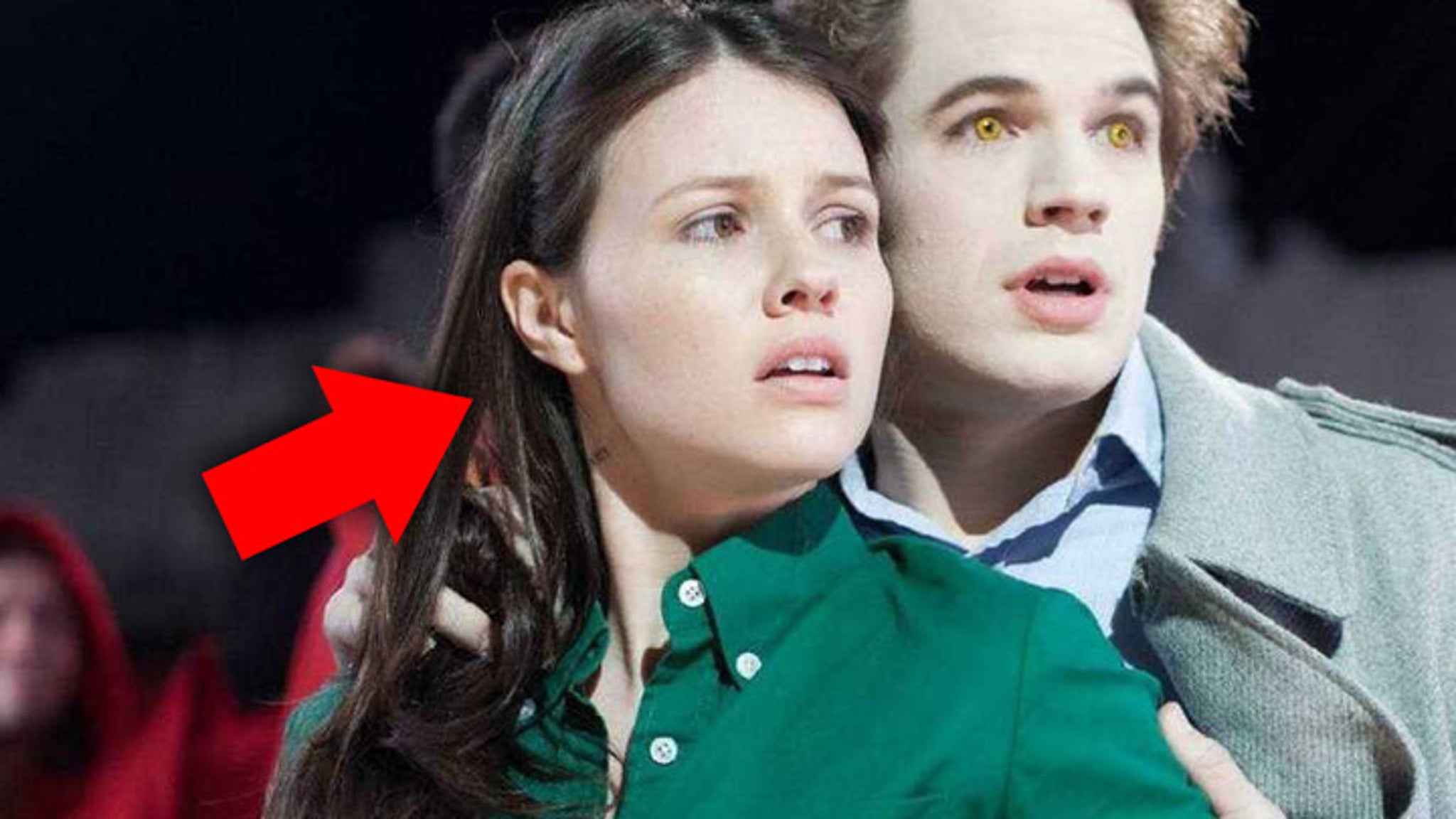

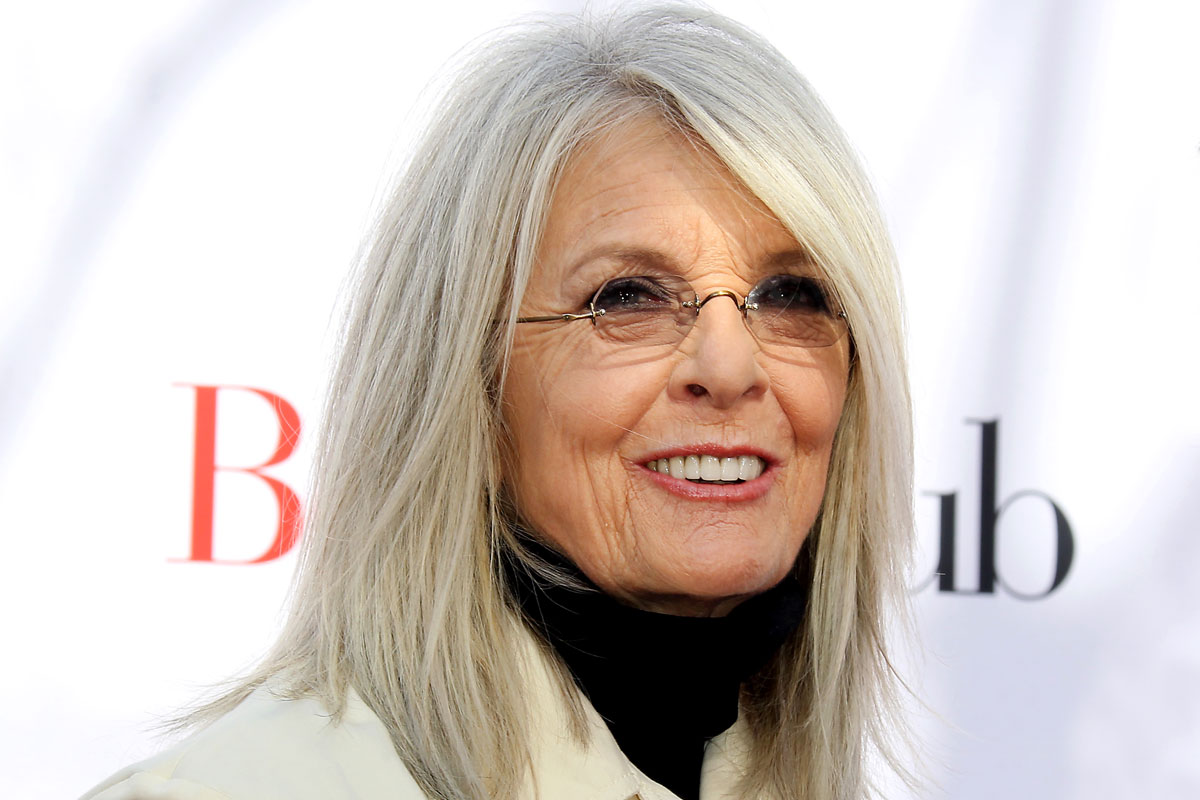
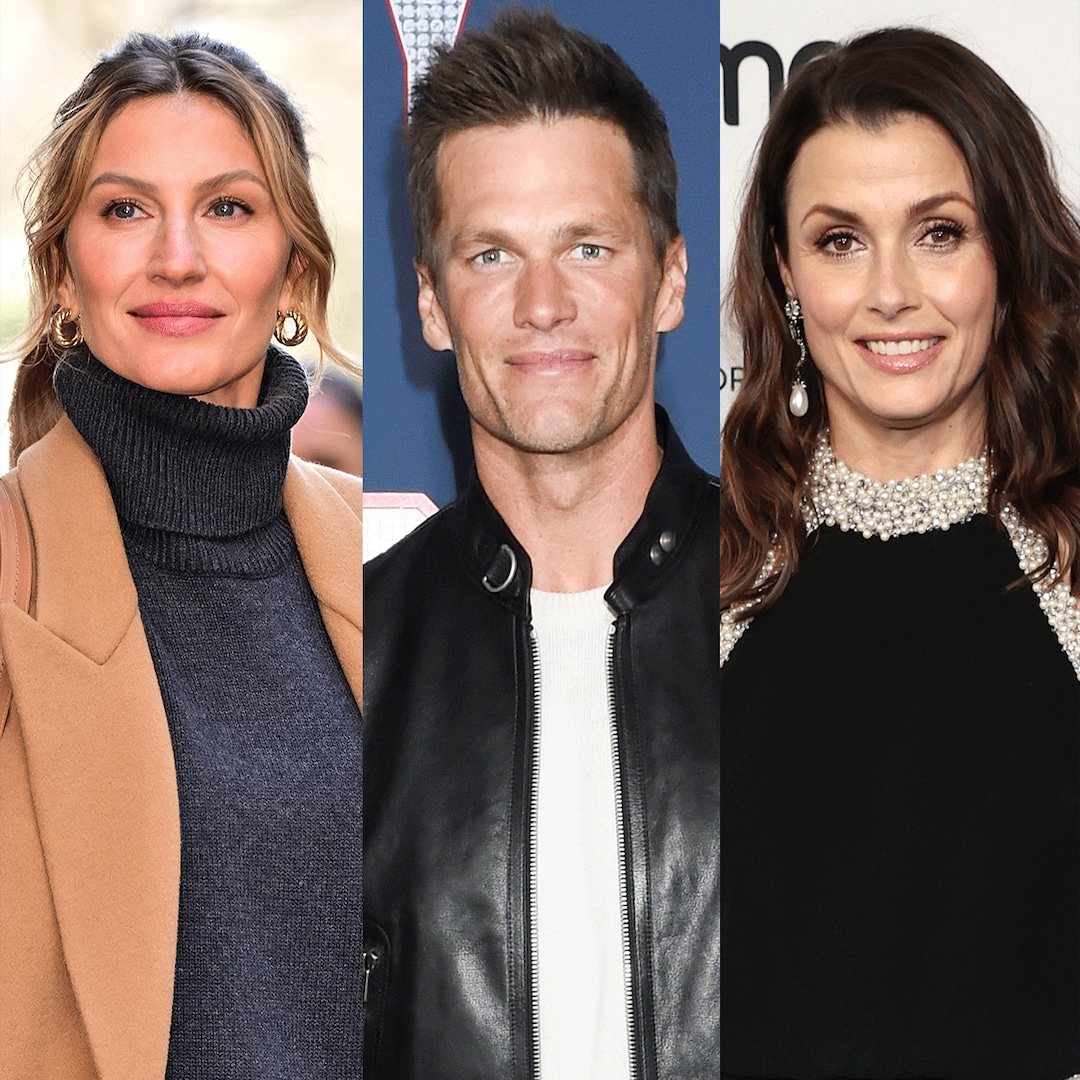



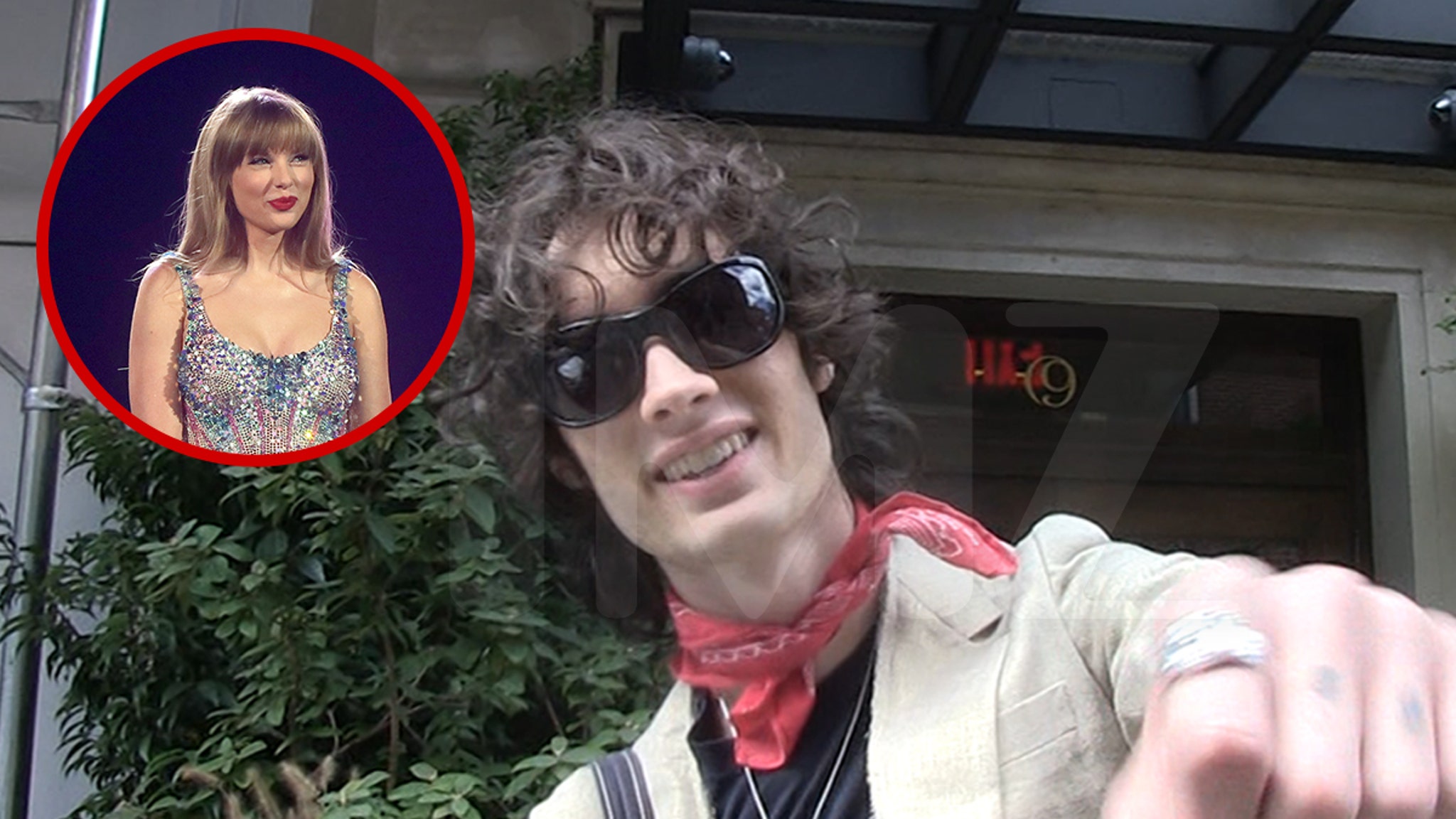










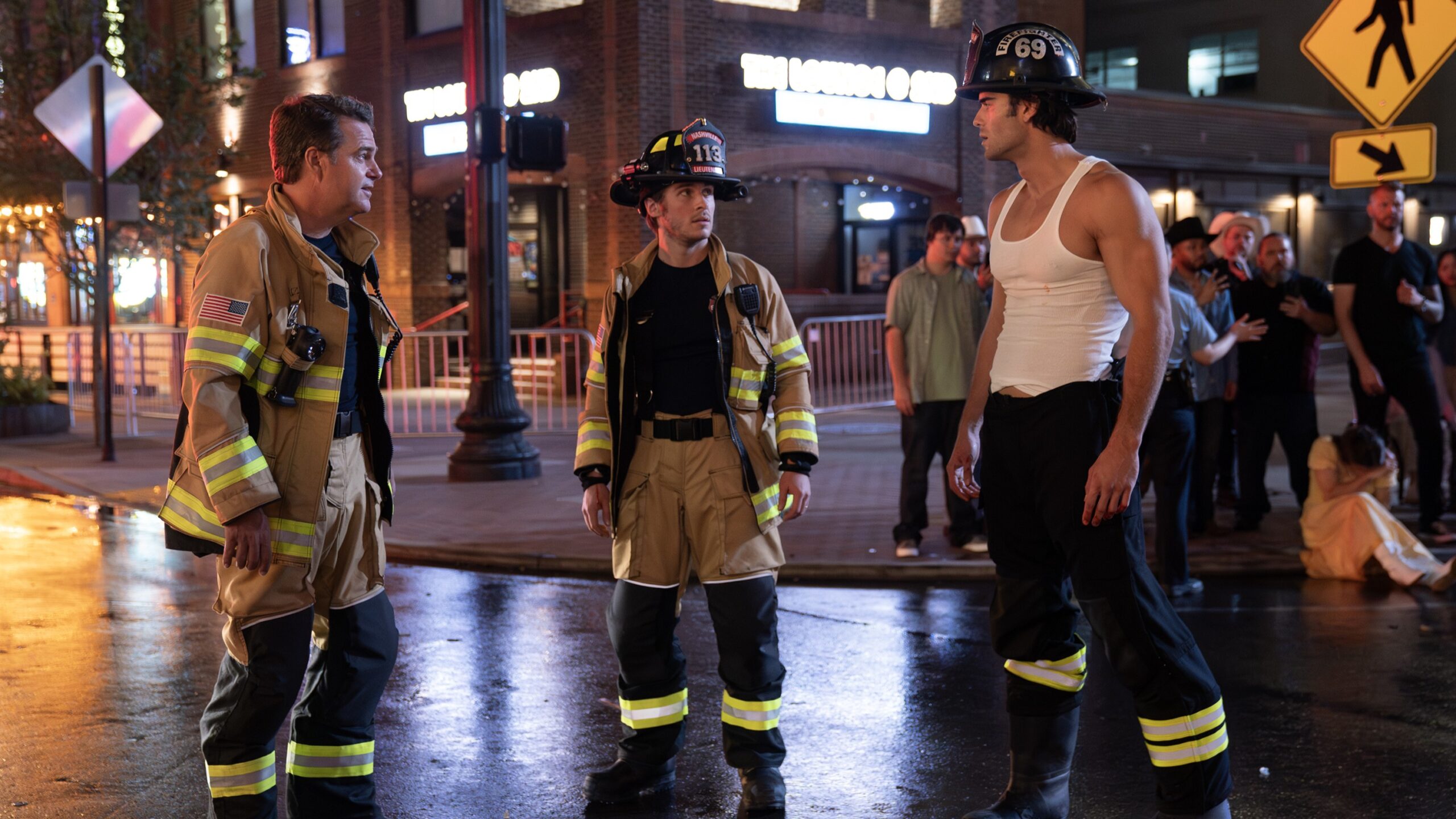

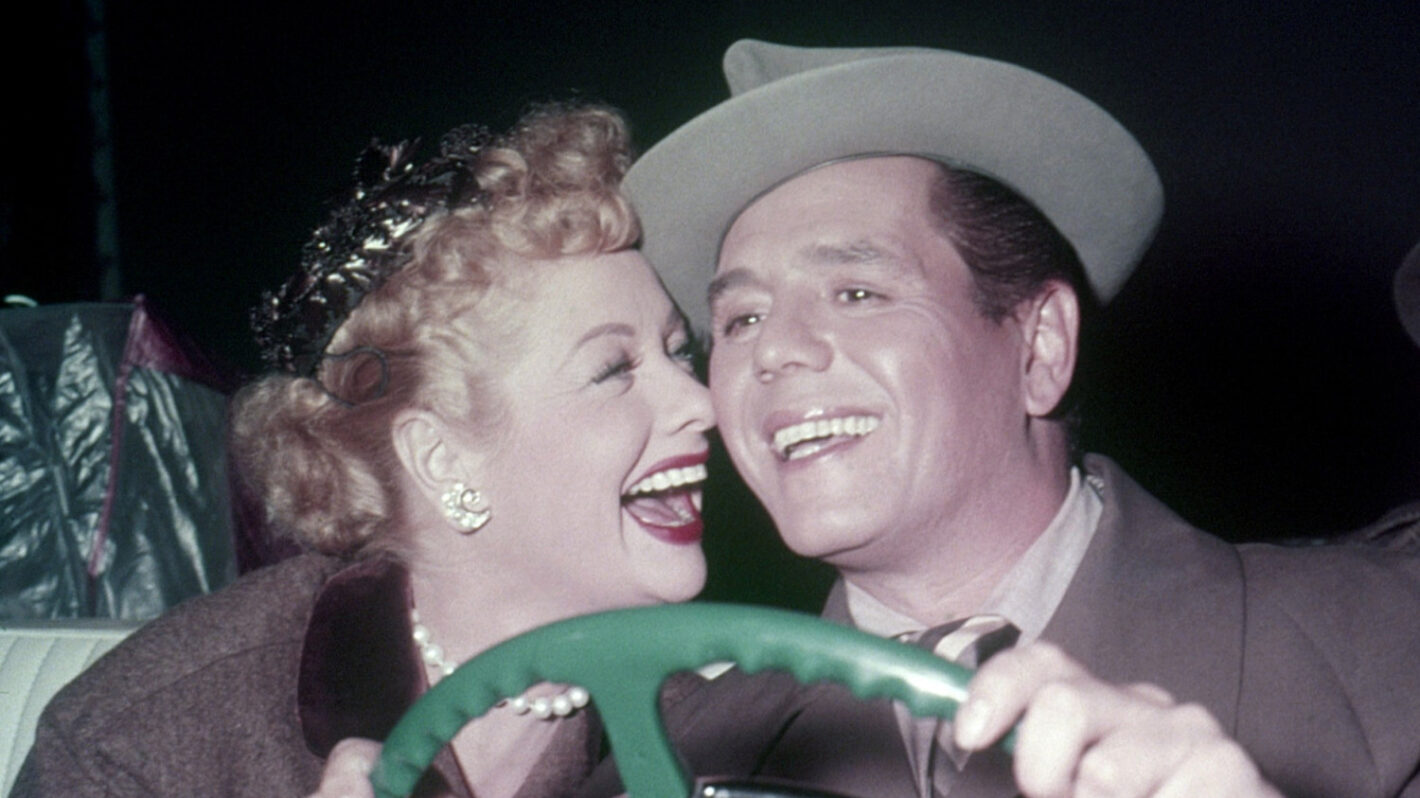
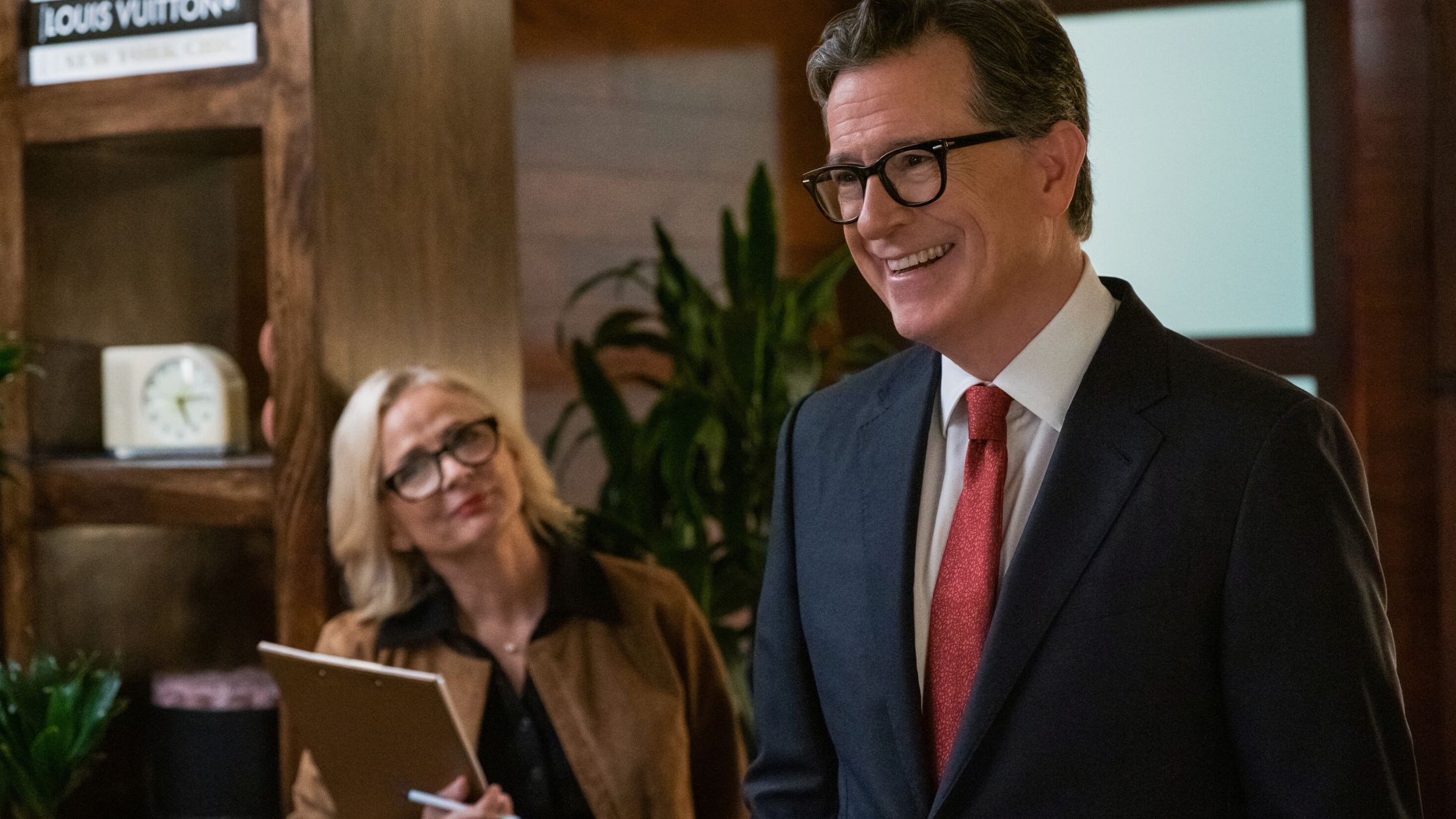

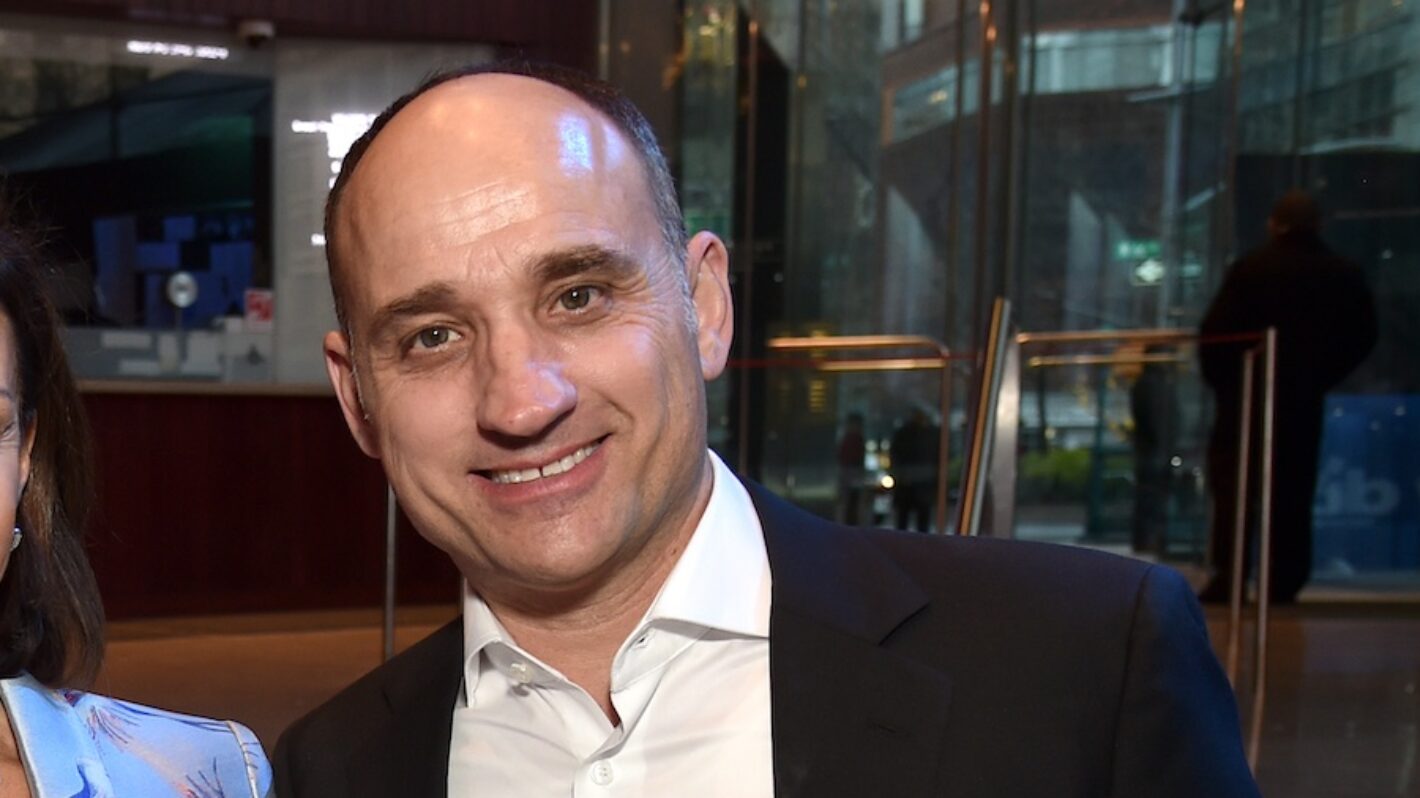
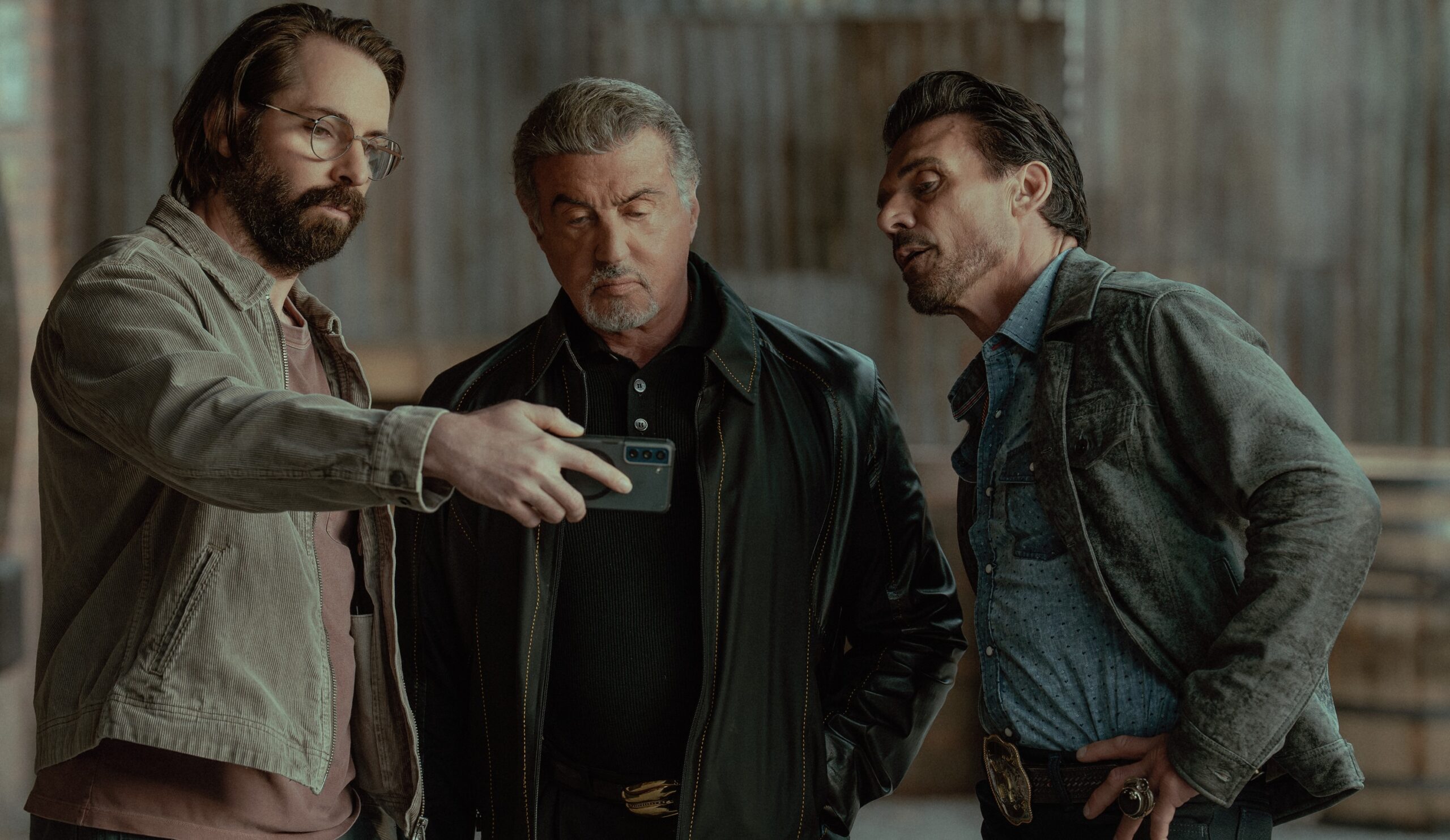

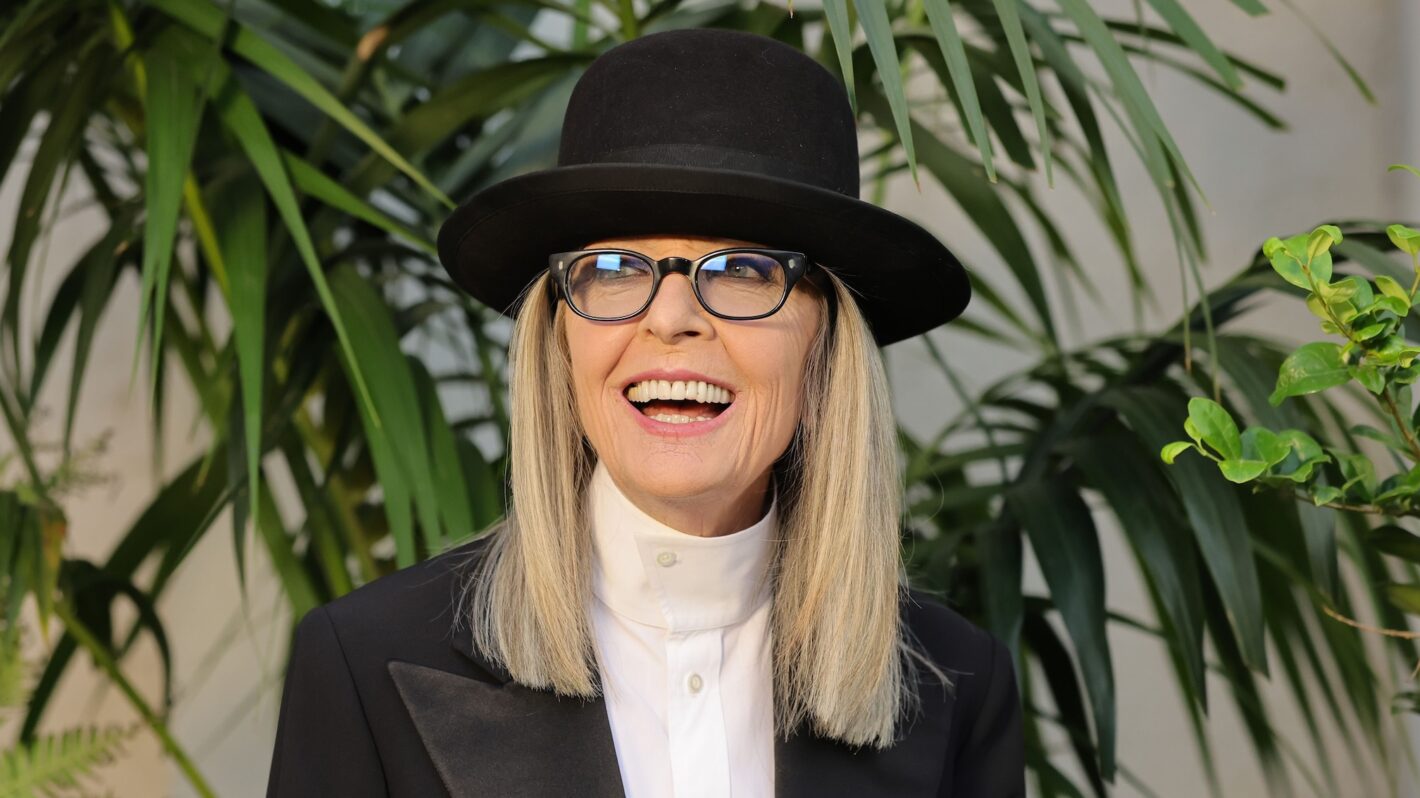
.png)








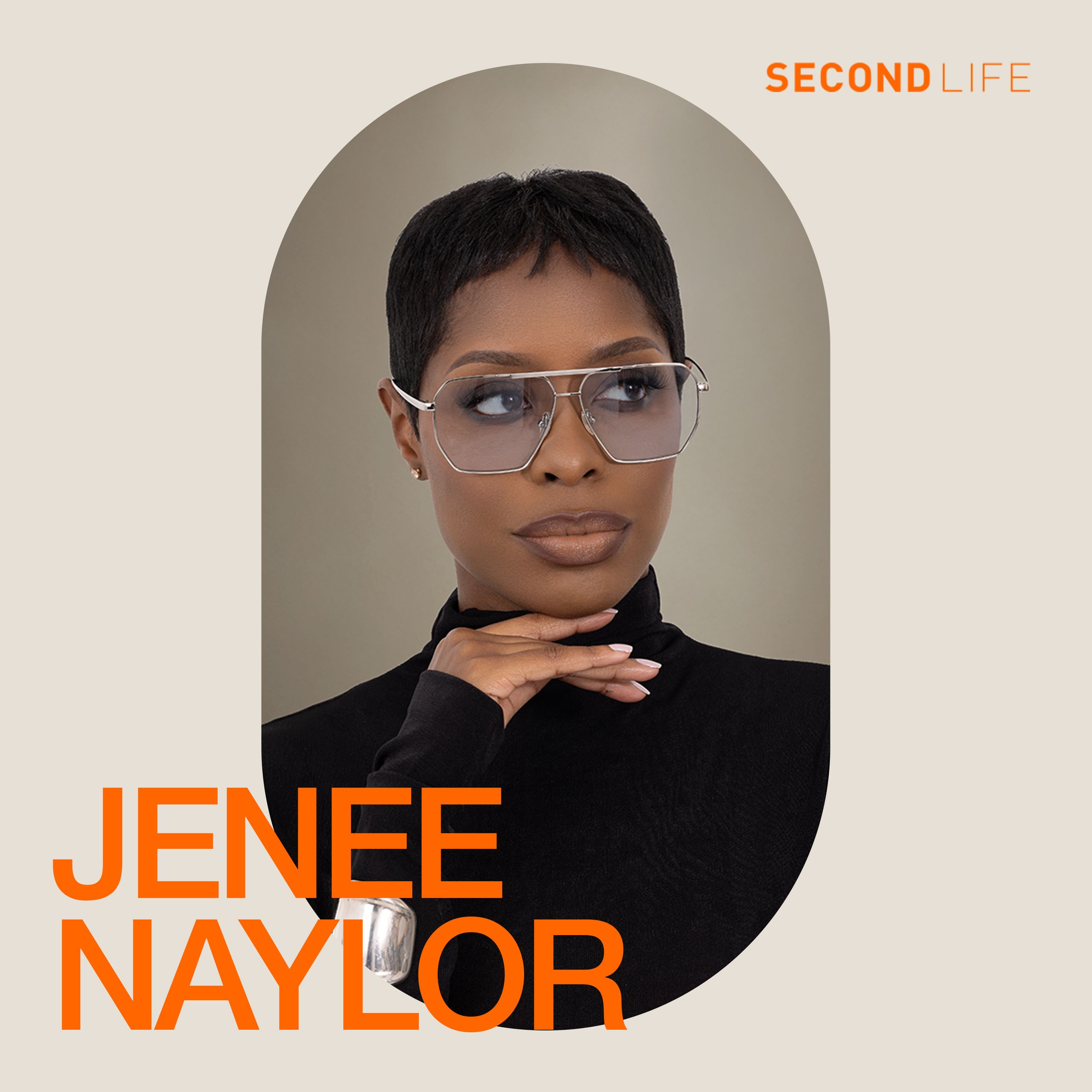




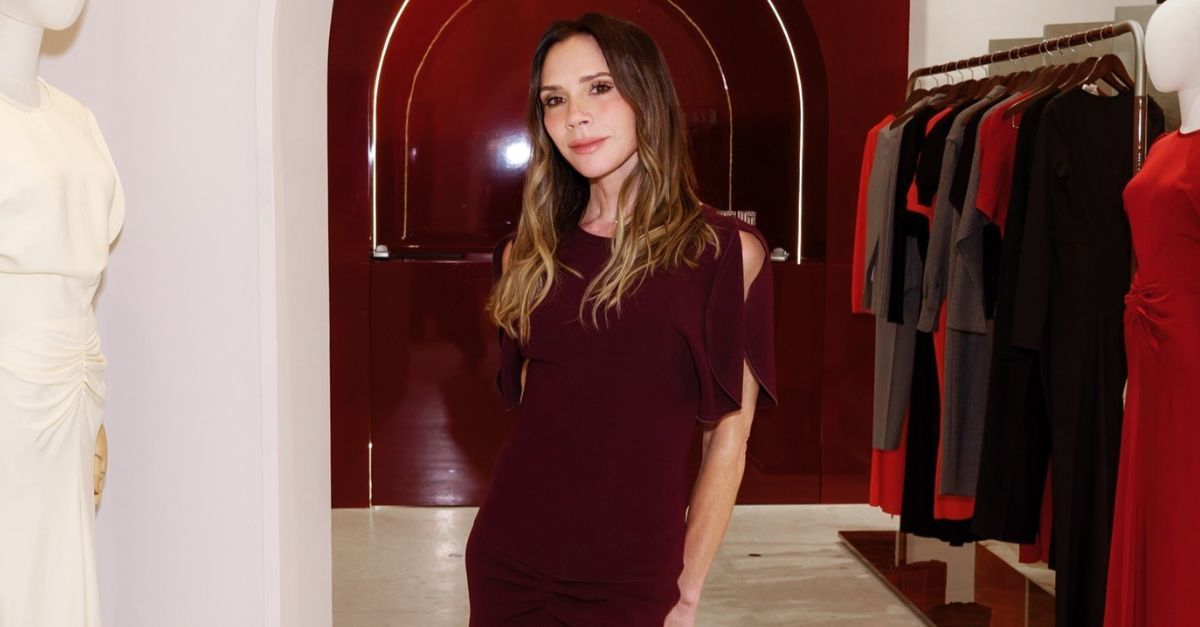
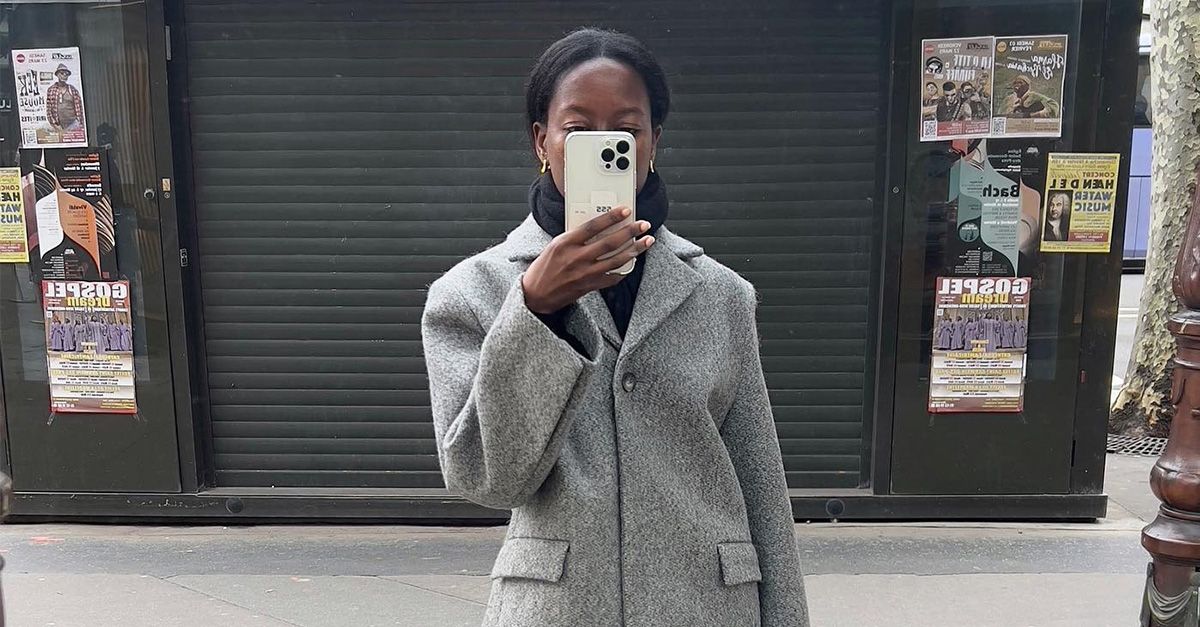

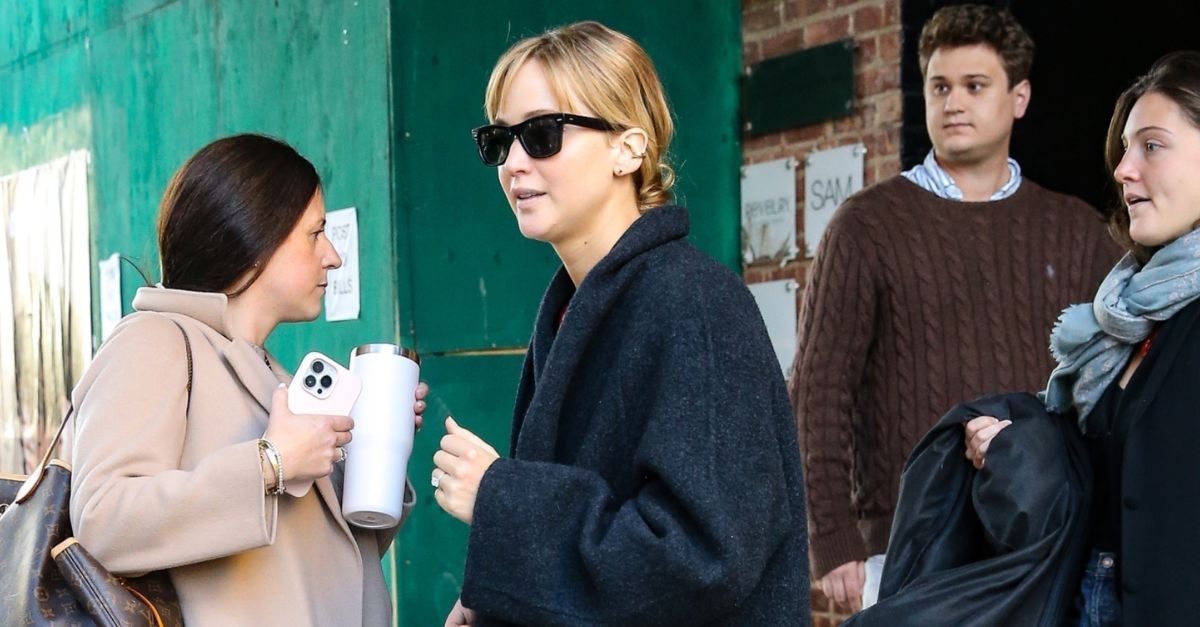




















![Brian Yuzna & John Penney Launch New Genre Label with ‘Terror Firma’ in August [Trailer] Brian Yuzna & John Penney Launch New Genre Label with ‘Terror Firma’ in August [Trailer]](https://i0.wp.com/bloody-disgusting.com/wp-content/uploads/2024/08/terror-firma-movie.png?resize=1000%2C600&ssl=1)













